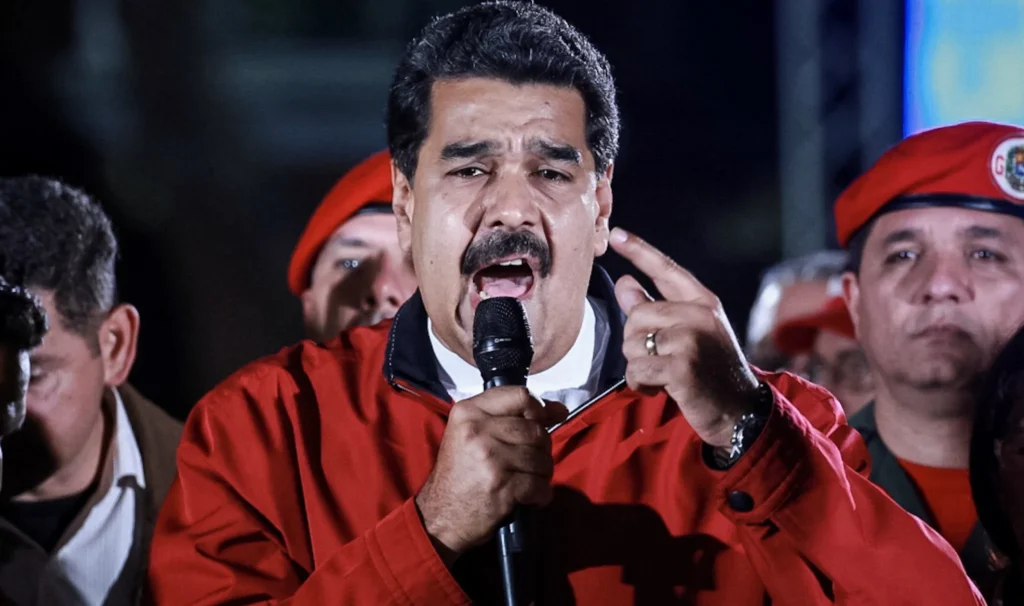
In Venezuela, democracy has been deeply distorted by a systematic process of co-optation of the institutions that, according to the Constitution, should be at the service of society as a whole.
By Juan Manuel Trak (latinoamerica21)
One of the cardinal principles in the study of politics is the distribution, access and preservation of political power. These dynamics are crucial not only for determining who governs but also for understanding how control is exercised and perpetuated within a political system. The political process in Venezuela provides a contemporary example of how an authoritarian mode of power has been imposed. In this context, it is essential to recognize that what is truly at stake in Venezuela is the democratic control of the constitutionally established instruments for the exercise of power.
Politics can be conceptualized as the set of interactions through which individuals and groups seek to influence the distribution of power and the decisions that stem from it. In a democratic system, politics is based on the construction of consensual rules for the access and exercise of power; conflicts are resolved through institutionalized means where the parties involved enjoy equal rights and are expected to cooperate for the common good.
In contrast, in an authoritarian system, the rules are manipulated to favor those in power, or in mo


